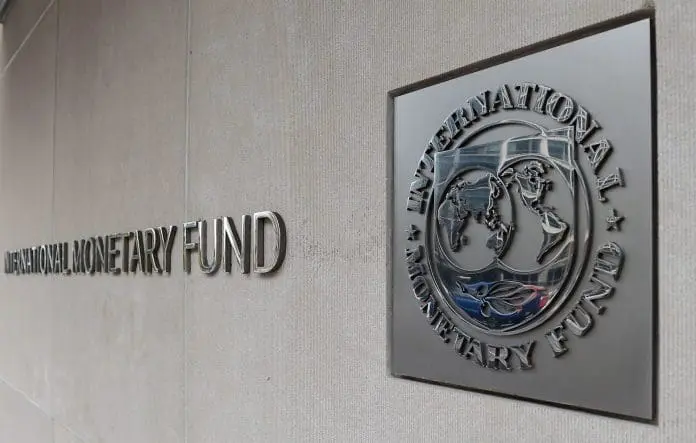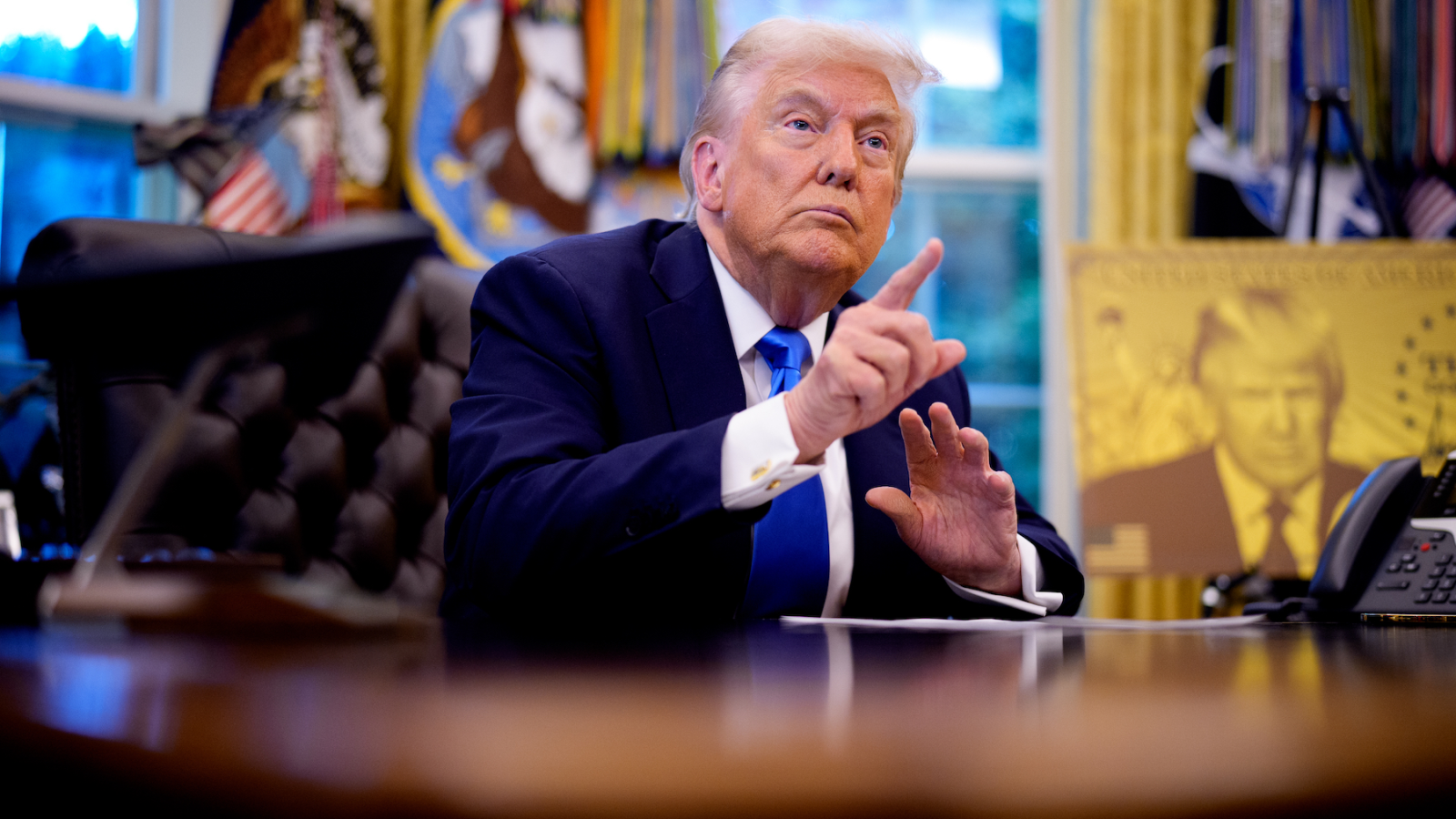By Ghana News
Copyright ghanamma

An International Monetary Fund (IMF) staff mission arrives in Accra on Sunday, September 29, 2025, for Ghana’s fifth programme review under the Extended Credit Facility (ECF), with $360 million in funding contingent on successful completion.
The review represents the penultimate assessment of Ghana’s three-year programme before the final evaluation scheduled for April 2026 and programme conclusion in May 2026. The mission will examine Ghana’s economic performance since the fourth review completed earlier this year.
Market analysts consider this fifth review particularly critical amid growing concerns that Ghana may struggle to maintain fiscal discipline once the IMF programme ends. Development partners have urged the government to establish safeguards preventing potential economic instability after May 2026.
Government sources dismiss such concerns as unfounded, insisting Ghana’s current performance under the arrangement demonstrates strong commitment to fiscal prudence. Officials emphasize that measures have already been implemented to assure markets of responsible spending beyond the programme period.
If Ghana passes this assessment, the country expects to receive approximately $360 million in October 2025. Ghana has accessed roughly $2.3 billion since signing the facility, with two final tranches pending successful reviews.
The IMF Executive Board approved the 36-month ECF arrangement on May 17, 2023, granting access to Special Drawing Rights (SDR) 2.242 billion, equivalent to about $3 billion. The approval enabled an initial disbursement of SDR 451.4 million, approximately $600 million, with remaining funds released through successful programme reviews.
The fourth review, completed in July 2025, resulted in immediate disbursement of about $367 million despite programme performance deteriorating markedly at end-2024. Higher-than-expected growth and significant improvement in Ghana’s external position offset performance concerns.
The programme aims to restore public finances through enhanced revenue mobilization and efficient spending while protecting vulnerable populations. Structural reforms target tax policy, revenue administration, public financial management, energy sector improvements, and cocoa industry restructuring.
Monetary policy coordination involves the Bank of Ghana maintaining elevated interest rates, ending budget financing, and preserving flexible exchange rates to rebuild foreign reserves. These measures support inflation reduction while safeguarding financial stability and encouraging private investment.
Finance Minister Ato Forson has assured stakeholders that fiscal discipline will continue after Ghana exits the IMF programme in May 2026. The minister emphasized that the programme has been critical in stabilizing Ghana’s macroeconomic environment following severe economic challenges.
Ghana’s performance during this review will signal the country’s readiness to transition from IMF support to independent economic management. Investors and development partners are closely monitoring outcomes as indicators of long-term stability prospects.
Professor Godfred Bokpin of the University of Ghana Business School has warned that Ghana risks fiscal crisis if proper mechanisms aren’t established before programme termination. Academic experts stress the importance of maintaining institutional frameworks supporting sustainable fiscal policies.
The review comes amid improved macroeconomic indicators, including declining inflation, stable exchange rates, and growing foreign reserves. However, challenges remain regarding debt sustainability, structural reforms implementation, and maintaining investor confidence post-programme.
Previous IMF assessments noted that Ghana’s macroeconomic outlook remains positive, with appropriate medium-term policy stance and plans for scaled infrastructure investment. Revised debt sustainability analysis suggests scope for higher non-concessional borrowing if fiscal targets are achieved.
The banking sector remains adequately capitalized and liquid, though reform priorities include reducing non-performing loans and strengthening risk management practices. Programme risks continue arising from both external and domestic sources.
Development partners emphasize the need for “shock absorbers” protecting against economic volatility after programme completion. These mechanisms would provide stability during the transition period while Ghana establishes independent fiscal management systems.
The mission’s findings will influence market sentiment regarding Ghana’s creditworthiness and ability to access international capital markets without IMF support. Successful completion reinforces confidence in Ghana’s economic reform trajectory and commitment to sustainable fiscal policies.



